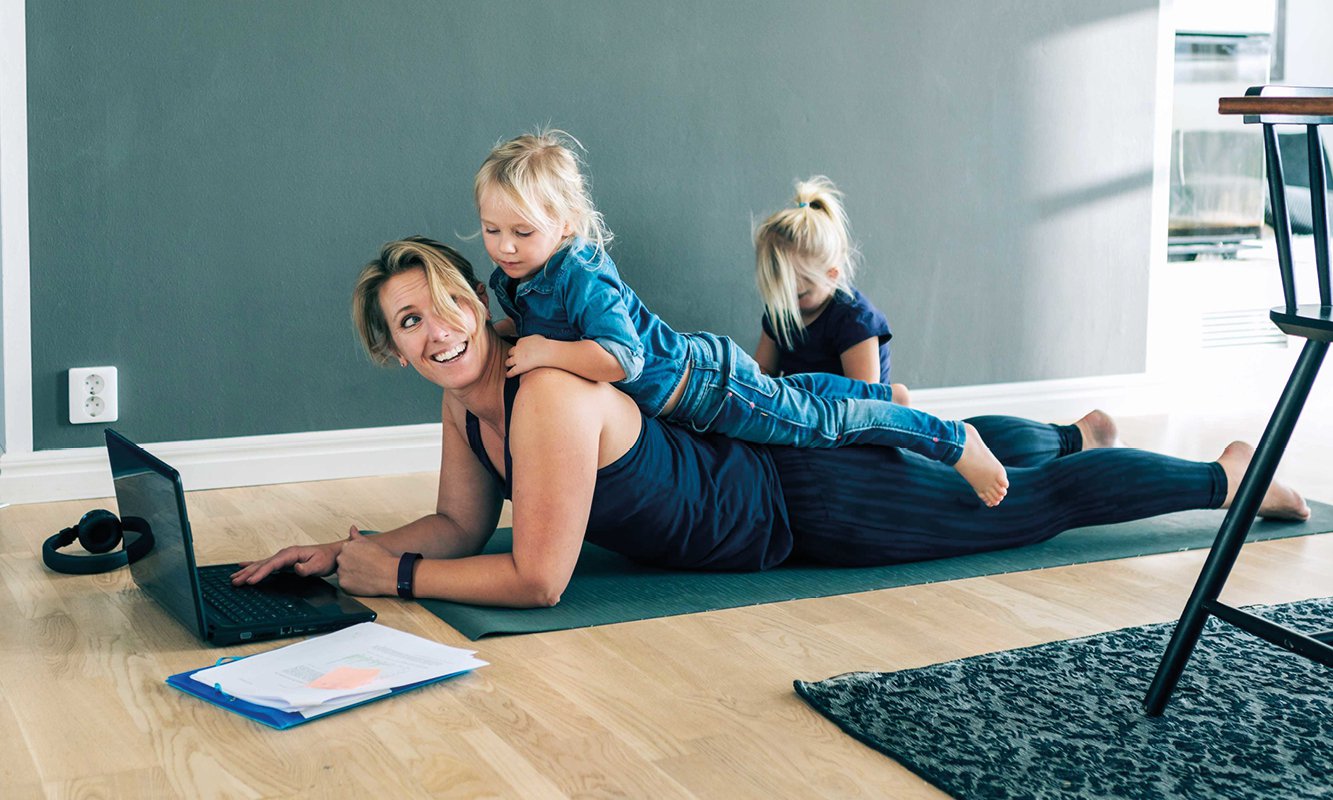Note: This article was posted at 10.15am on Wednesday 4 August. The information provided here replaces that in the version of this article published on 1 August. A further update posted on 8 August includes guidance for Cairns and Yarrabah.
Yes, in the south-east Queensland lockdown area, but only essential workers may attend the office.
In the south-east Queensland lockdown area:
During the July/August 2021 lockdown, law firms in south-east Queensland remain an essential service but restrictions apply to who may leave their principal place of residence to attend work.
Law firms in the 11 local government areas of the lockdown remain classified as an ‘essential business, activity or undertaking’ under the Restrictions for Locked Down Areas (South-East Queensland) Direction No.4, with new requirements from 5.24am on 4 August 2021.
This means that:
- a client may leave home to acquire essential legal services (paragraph 6(a))
- employees of a law firm may leave home to carry out or conduct the essential business, activity or undertaking, where the work, business activity or undertaking to be performed is of a nature that cannot reasonably be performed from the person’s principal place of residence (paragraph 6(f))
- however, an essential business, activity or undertaking in the lockdown area may only operate with essential workers or volunteers present, with physical distancing and face mask requirements observed (paragraph 35)
- an essential worker or volunteer refers to someone who performs work or volunteering that is urgently required for safety reasons, for emergency repairs, or that is necessary to maintain essential services and supplies to the community, or to a part of the community, including but not limited to, a nurse, doctor, cook, teacher, healthcare provider, shelf packer, plumber or electrician.
Law firms should consider closely if their employees are essential workers for the relevant definition and which employees are necessary to maintain essential legal services to the community. Law firms should also consider whether their services can reasonably be performed from their employee’s principal place of residence using technology.
QLS has posted work from home protocols to assist in managing working from home, and other advisory for firms dealing with COVID-19.
In the lockdown area, people may also leave their principal place of residence:
- to attend any court or tribunal of Australia or to comply with or give effect to orders of the court or tribunal of Australia (paragraph 6(m))
- to assist with or participate in an investigation or other action by a law enforcement authority, whether voluntarily or not (paragraph 6(p))
- for children under 18 years who do not live in the same household as their biological parents or siblings or one of their parents or siblings, to continue existing arrangements for access to, and contact between, parents and children and siblings, but not allowing access or contact with vulnerable groups or persons unless those persons are vaccinated persons (paragraph 6(r))
- to avoid injury or illness or to escape a risk of harm, including escaping a risk of harm related to domestic and family violence; or accessing support from a domestic and family violence support service (paragraph 6(s))
- to comply with or give effect to the exercise of a power or function of a government agency or entity under a law (paragraph 6(t)).
A person who leaves their principal place of residence must practise physical distancing to the extent reasonably practicable and wear a mask as required.
In carrying on an essential business, activity or undertaking outside a person’s principal place of residence, a person must wear a face mask during the lockdown period in any indoor space, unless:
- the person is alone in the indoor space, such as working alone in a closed office (paragraph 22(c), or
- it is not reasonably practicable to provide services wearing a face mask (paragraph 22(o)).






Share this article